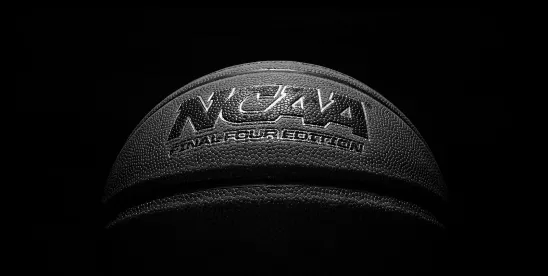Michael McCann, Associate Dean, Professor of Law and SELI Director, UNH Franklin Pierce School of Law and Visiting Professor at Harvard Law recently wrote an article in Sportico titled "There's a Common Misperception About the Supreme Court and NIL." Its conclusion is that “one of the great sports law misunderstandings in college sports is that the US Supreme Court made NIL possible through its ruling in NCAA v. Alston (2021).”
But the US Supreme Court in Alston v. NCAA specifically refused to block the NCAA rules which prohibit pay for play, and McCann’s article steps through that conclusion.
The repeated misstatement of the Alston holding prevents sports conferences and university athletics departments from making reasoned decisions based on what is and is not allowed under the law.
The most shocking misstatement of the Alston holding occurred last week by a federal district court judge in Nevada who held that “in Alston, the Supreme Court held that the NCAA violated federal antitrust law by restricting the compensation student-athletes could receive in exchange for their athletic services,...” Cortez Braham, Jr., v. National Collegiate Athletic Association, Case No. 3:25-Cv-00253-MMD-CSD (July 17, 2025 at 8).
When a party, an opponent, a judge does not know that the US Supreme Court specifically allowed NCAA prohibitions against pay for play in its latest seminal case, conferences and athletics departments may yield protections under the law that they need not cede.
And when lawyers are misstating, and judges are misapplying, the most basic case law governing college sports, conferences and universities require partners who can assist them with not only fighting and interpreting legal matters, but also with shaping the legal landscape itself. Standing up for one’s rights does not make one a bad conference or a bad athletics department. That is the minimum a college or university and their fans should expect.
One of the great sports law misunderstandings in college sports is that the U.S. Supreme Court made NIL possible through its ruling in NCAA v. Alston (2021). The reality is that Alston had nothing to do with NIL or even compensation for playing sports.




 />i
/>i

